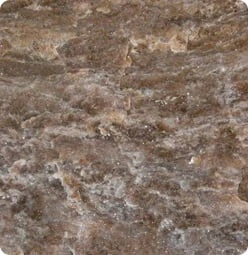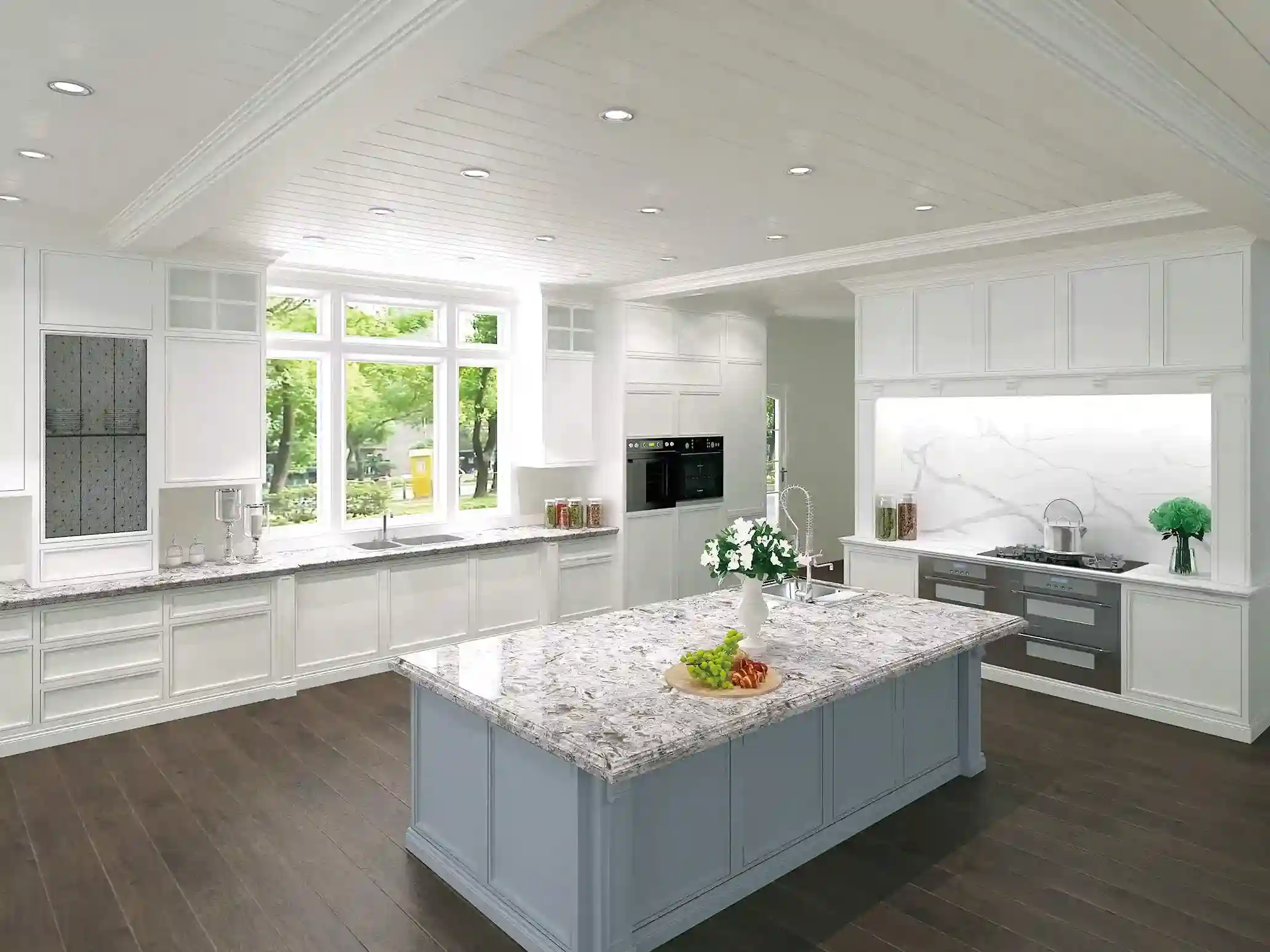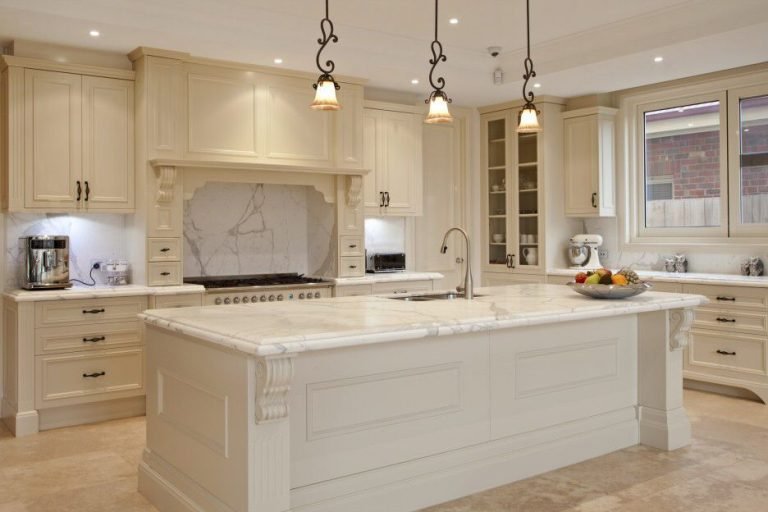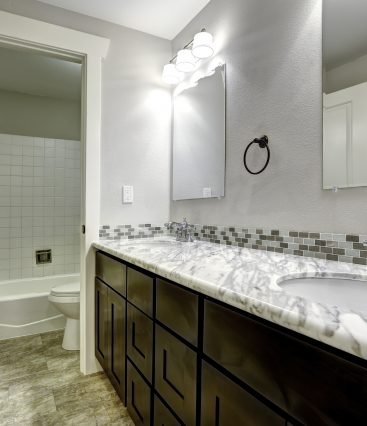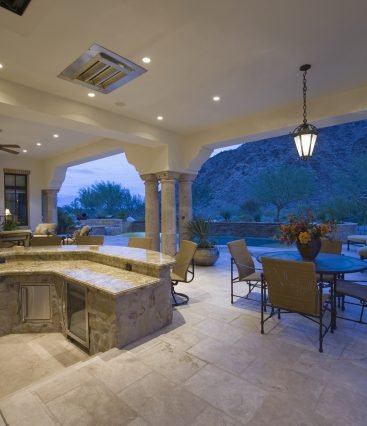How to Clean a Quartz Worktop
One of the best ways to keep your quartz surfaces looking their best is through regular cleaning. This guide will help you maintain quartz worktops in your kitchen, bathroom, or any room in your home, ensuring they stay beautiful and functional for years.
Cleaning a quartz worktop is simple. Use a mild detergent and water to clean the surface. Avoid strong cleaning chemicals or abrasive cleaners as they can damage the surface and cause discoloration. Instead, use a quartz cleaner for tougher spots and always rinse thoroughly after cleaning.

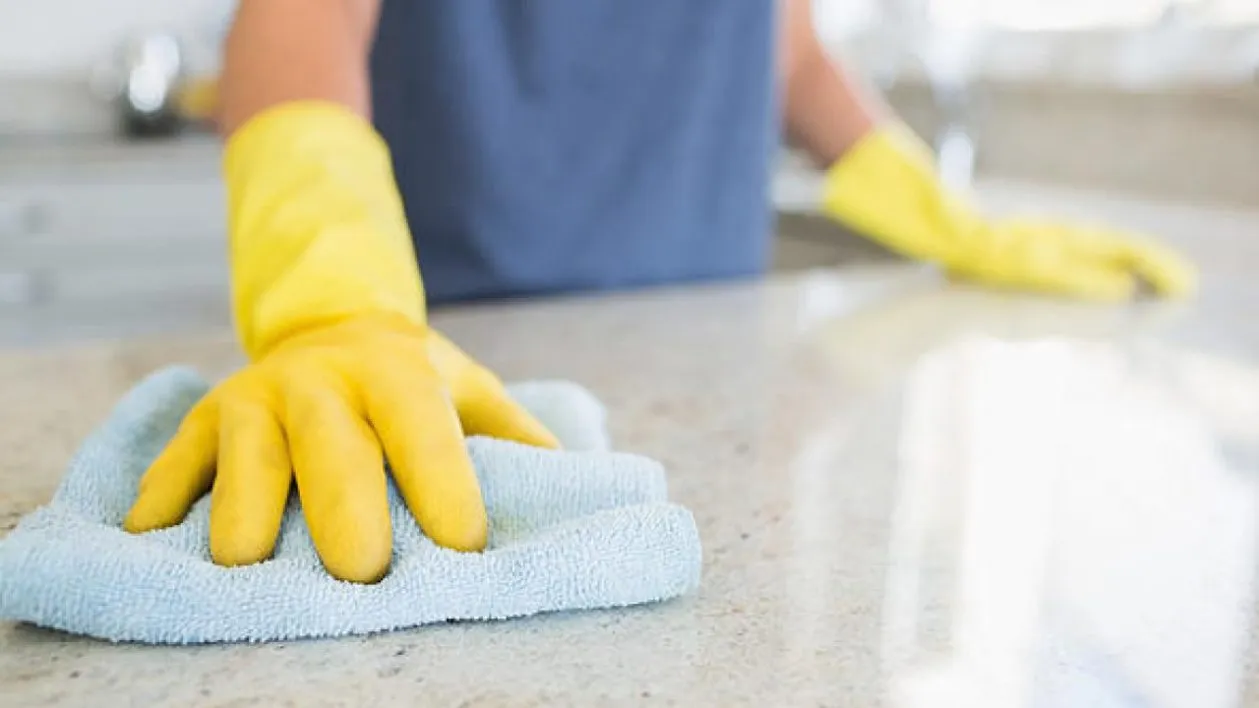

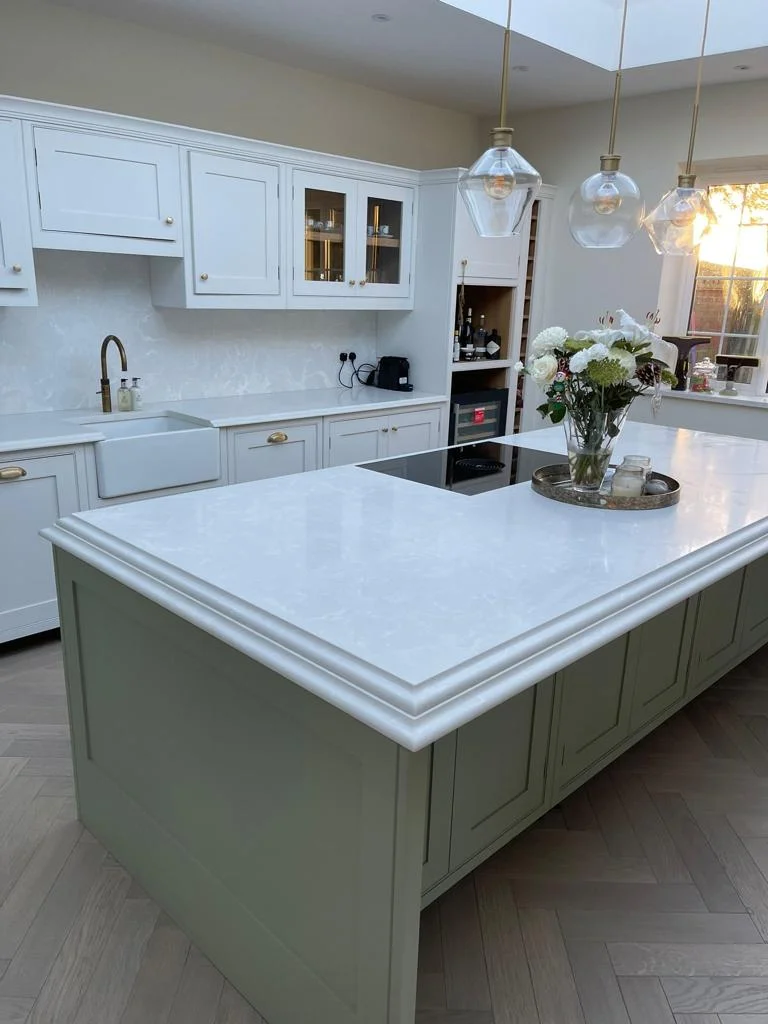
kitchen.webp)


